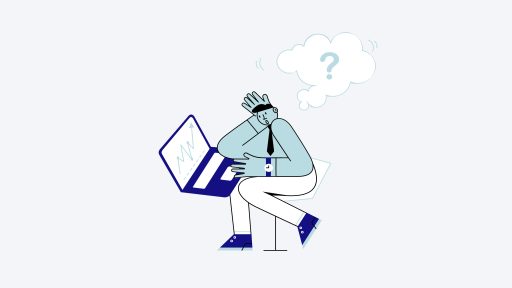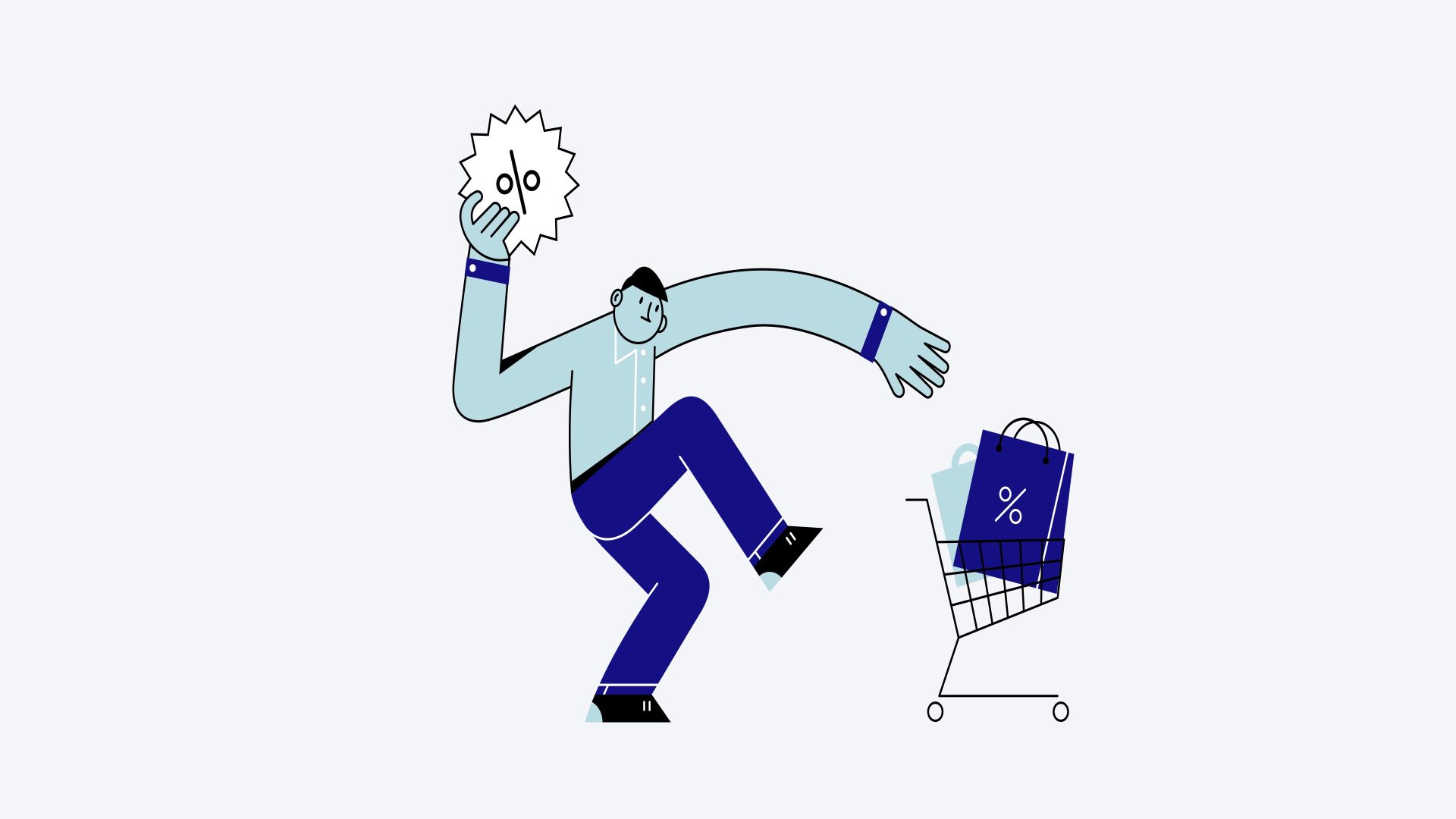Skyrocket your SEO with our complete glossary of 45 essential keywords! Learn what they mean, how to use them, and watch your search rankings soar.
Table of Contents
Toggle
- General Terms
- SEO
- SERP
- Search Engine
- Algorithm
- HTML
- Traffic
- URL
- Google Search Operators
- Local pack
- Search Engines and Their Functions (Crawling, Indexing and Ranking)")
- Crawling
- Indexing
- Ranking
- Bots (or Search Engine Bots)")
- Cache
- Cloaking
- Manual Penalty
- Sitemap
- Personalization
- SEO Onsite Terms Glossary
- Meta title
- Meta description
- Rel Canonical
- Thin Content
- Duplicate Content
- Page Speed
- SSL Certificate
- Anchor text
- Redirects
- Link Building
- Backlinks
- Internal Links
- Domain Authority/Domain Rating
- Broken Links
- Outreach
- Brand Mentions
- Page Rank
- Follow/ NoFollow Attributes
- Unnatural Links
- Keyword Research
- Keywords
- Search Intent
- Keyword Stuffing
- Search Volume
- Keyword Difficulty (KD)")
- Head Terms
- Longtail Keywords
- Commercial, Informational, Navigational & Transactional Keywords
- Local Keywords
- Conclusion
General Terminology
SEO (Search Engine Optimization)
SEO stands for Search Engine Optimization, a complex field encompassing various strategies and actions aimed at enhancing the quality and quantity of organic traffic directed to a website or webpage from different search engines. Google, being the dominant search engine with the largest market share, is a primary target for most SEO efforts due to its potential for driving valuable traffic.
SERP (Search Engine Results Page)
SERP is an abbreviation for Search Engine Results Page, the actual webpage displaying search results when a user conducts a search query.
Search Engine
Search engines are online platforms designed to assist users in finding answers to their inquiries and locating information. Google is the leading search engine, but other prominent alternatives include Microsoft Bing, Baidu, Yandex, Duck Duck Go, Ecosia, and more.
Algorithm
An algorithm is a specific process used to analyze data entered into a search bar to provide the most relevant and high-quality responses to user queries.
HTML (Hypertext Markup Language)
HTML, short for Hypertext Markup Language, serves as the standard programming language utilized to structure text, links, and images on web pages.
Traffic
In the context of SEO, traffic often refers to organic traffic, which originates from search engines. Essentially, it entails users searching for information on platforms like Google, Bing, or Yahoo, encountering organic search results (non-paid listings), and clicking on them. Visits to a website from sources such as Facebook and Twitter are labeled as social media traffic, while visits stemming from other websites linking to your site are categorized as referral traffic.
URL (Uniform Resource Locator)
A fundamental concept in internet and digital marketing, a URL (Uniform Resource Locator) serves as the web address that points to a unique resource on the internet, such as an HTML page, a PDF document, an image, and more.
Google Search Operators
Google Search Operators are specialized commands employed to refine search engine results. These operators help users discover link-building opportunities, identify content ideas, and detect onsite and technical issues within a website.
Local Pack
The local pack is a set of typically three local business listings that appear in search results when queries imply a local intent. These listings are prominently displayed at the top of SERPs, above the standard organic search results. The local pack includes a map featuring business locations and typically offers additional details, such as addresses, contact information, working hours, and the number of reviews.
Search Engines and Their Functions (Crawling, Indexing, and Ranking)
Crawling
Crawling is the process of obtaining data and information from the vast number of publicly available web pages on the internet. Search engines send bots to web pages to scan and extract content, including text, images, and videos.
Indexing
Indexing is a critical function of search engines involving the storage and organization of content collected during the crawling process. To appear in search results and rank for various keywords, web pages must first be included in the search engine’s index.
Ranking
Ranking refers to the order in which search results are presented on the SERP, with the most relevant and high-quality results appearing at the top. SEO professionals aim to achieve higher rankings to attract the most relevant organic traffic to their websites.
Bots (or Search Engine Bots)
Bots, also known as spiders or crawlers, are automated programs that scan the internet to crawl and index web content.
Cache
Caching involves temporarily storing webpages, along with their content like images and text, to reduce page loading times. A cached page represents a snapshot of a webpage at the time it was crawled by a search engine.
Cloaking
Cloaking is a risky practice that involves displaying different content to search engines and users, potentially resulting in penalties and loss of organic rankings.
Manual Penalty
Manual penalties occur when a human reviewer from a search engine, such as Google, identifies violations of the search engine’s quality guidelines on specific web pages.
Sitemap
A sitemap is a dedicated webpage on a domain that provides information about URLs, images, videos, and other file types on a website. Its primary purpose is to inform search engines and their crawlers about important pages and their relationships.
Personalization
Personalization refers to how search engines adjust search results based on personal information, including location and search history.
SEO Onsite Terms Glossary
Meta Title (Title Tag)
The meta title, also known as a title tag, is the clickable blue text displayed on search engine results pages (SERPs). Its primary purpose is to inform users about the topic of a webpage.
Meta Description
Meta descriptions provide a brief one to two-sentence summary of a webpage’s content, displayed in the SERP beneath the title tag. They offer additional context for users to determine if a search result aligns with their needs.
Rel Canonical
Rel Canonical is a useful HTML code element that indicates the preferred version of a URL, particularly valuable when multiple versions of a webpage with similar content exist.
Thin Content
Thin content refers to low-quality content that lacks value for readers. It often includes auto-generated or inadequate text that fails to meet visitor information needs.
Duplicate Content
Duplicate content involves copying someone else’s content for personal use, potentially attempting to rank webpages with stolen text.
Page Speed
Page speed represents the time required for a webpage to load and is a crucial SEO factor for ensuring a positive user experience. Multiple factors influence page speed, including server capabilities, image optimization, installed plugins, page file size, and more.
SSL Certificate (Secure Sockets Layer)
An SSL certificate, which stands for Secure Sockets Layer, enables encrypted connections, enhancing the security of online communications and services. It facilitates the transition from the outdated and insecure HTTP protocol to the modern and secure HTTPS.
Anchor Text
Anchor text is typically displayed in a different color (often blue) than the surrounding text on a webpage and serves as the clickable word or phrase within a link. Its primary purpose is to provide users with information about the content they will encounter by following the link, whether internal or external.
Redirects
Redirects occur when one URL is redirected to another location. Various types of redirects exist, with the most common being permanent redirects (301).
Link Building
Backlinks (Inbound Links)
Backlinks, also known as inbound links or simply links, are hyperlinks placed on other websites that direct users to your domain. They are a foundational element of search engines and SEO.
Internal Links
Internal links are links within your own website that connect to other pages on the same site. For example, linking from the homepage to a service page or between blog posts constitutes internal linking.
Domain Authority/Domain Rating
Domain Authority (DA) and Domain Rating (DR) are metrics used by popular SEO software providers like MOZ and Ahrefs. They gauge the strength of a website’s backlink profile by comparing the quantity and quality of its links on a scale from 0 to 100 (Moz) or 1 to 100 (Ahrefs).
Broken Links
Broken links are links that lead to non-existing pages, commonly referred to as "404 pages."
Outreach
Outreach is a critical technique for earning backlinks and involves establishing mutually beneficial relationships with webmasters, bloggers, authors, and website owners. Email outreach is a common form of outreach to present products or services to potential interested audiences.
Brand Mentions
Brand mentions occur
when your brand name is mentioned online without a link. SEOs often contact website owners and webmasters to convert these mentions into proper backlinks.
Page Rank
PageRank is a complex algorithm developed by Google that measures the importance of a page based on incoming links from other pages. It is a fundamental element of search engines and SEO and was named after Larry Page, one of Google’s co-founders.
Follow/NoFollow Attributes
Follow and NoFollow are meta tags that inform search engines whether to follow outbound links and pass PageRank. By default, links are "follow," but the NoFollow attribute is used when you do not want to pass authority to another webpage.
Unnatural Links
Unnatural links are links with the primary purpose of manipulating a website’s SEO performance. Various shady practices, such as link networks, paid links, and link exchanges, fall under this category.
Keyword Research
Keywords
Keywords are single words or phrases that provide context to content. In search engine optimization, websites and web pages are typically optimized for specific sets of keywords.
Search Intent
Search intent is a crucial factor in keyword research and SEO, representing what users expect to find when searching. Understanding search intent helps tailor content to match user expectations.
Keyword Stuffing
Keyword stuffing is an outdated and spammy SEO technique involving the excessive use of irrelevant keywords or a large number of keywords solely to improve search rankings.
Search Volume
Search volume indicates the approximate number of users searching for a specific keyword within a given timeframe, typically a month. It’s a dynamic metric that changes over time.
Keyword Difficulty (KD)
Keyword difficulty (KD) is an estimation of how challenging it is to rank in the top 10 organic search results for a keyword. Factors considered in KD calculations often include the number of linking domains to the top-ranking pages.
Head Terms
Head terms, also known as head keywords, are popular keywords with a high number of monthly searches. They tend to be competitive and have lower conversion rates compared to longtail keywords.
Longtail Keywords
Longtail keywords are specific phrases with lower search volume, often consisting of three or more words. While they receive less traffic, they tend to have higher conversion rates.
Commercial, Informational, Navigational & Transactional Keywords
Queries can be categorized into four main types: commercial, informational, navigational, and transactional. Each serves a different user intent, ranging from seeking products or services to gathering information or navigating to specific websites.
Local Keywords
Local keywords are search queries indicating specific locations. Users employ these queries to find services or products in their vicinity, such as "handyman London" or "handyman near me."
Conclusion
SEO is a vast field with numerous branches and terms, making it nearly impossible to cover every single aspect. Nevertheless, this post aims to expand your knowledge and provide a better understanding of key phrases used in Search Engine Optimization. It will be regularly updated with new SEO-related definitions and terminology.


